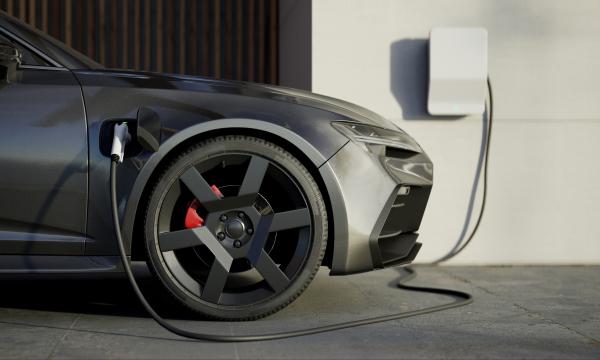
Plan needed to fill fuel duty “pothole” after tax frozen again
The government must plan how to “fill the pothole” of diminishing fuel duty revenues after announcing it will continue the freeze for another year, says the Association of Taxation Technicians.
At today’s Budget, the Chancellor surprised many by announcing that fuel duty, which has been unchanged since 2011-12, would not be increased, foregoing an estimated £3 billion in extra tax takings.
The ATT has warned that, with growing number of motorists turning to electric vehicles, which do not pay fuel duty, the government must now put a plan in place to deal with declining revenue.
Senga Prior, President of the Association of Taxation Technicians, said:
“The future of fuel duty has been seen as a problem for down the road, but, sooner or later, we will need a decision on how to fill this potential pothole.
“Had the Chancellor decided to increase fuel duty today, we would have seen a double boost to tax revenues. Fuel duty currently raises about £25 billion a year, but hasn’t been increased for over 12 years now. VAT is charged on the duty-inclusive price of fuel, so VAT revenues would have been boosted by any increase as well.”
The Chancellor also announced measures to support electric vehicles, including £200 million of funding for local authorities to install on-street charging points and £120 million in grants to support the purchase of electric vans and the manufacture of wheelchair accessible electric vehicles.
Senga Prior added:
“The growing number of people using electric cars means any increased tax take from raising fuel duty is only likely to be temporary. Replacements will need to be considered, such as increasing taxes on electric vehicles or even mileage pricing, with drivers taxed based on how far they drive in a year. However, targeting electric vehicles for tax rises could be seen as going against the government’s wider green agenda.
“Whatever happens to fuel duty in the future, the government needs to urgently address how they will replace these revenues in a post-petrol and diesel world.”















